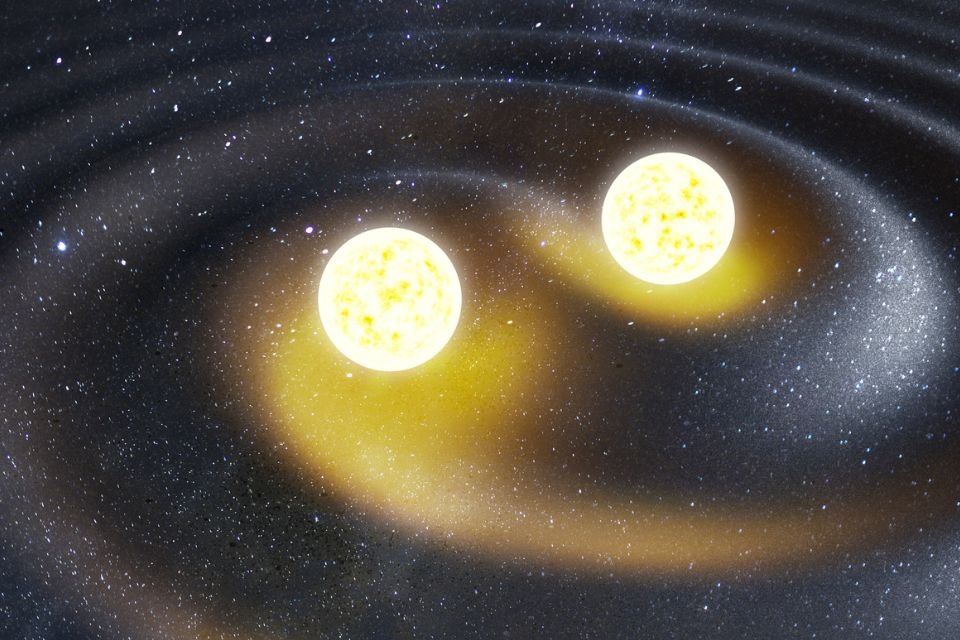Last week, the North American Nanohertz Gravitational Waves Observatory (NANOGrav) announced that it will hold an event next Thursday (29), where it will announce news about developments in the field of gravitational waves. During the live broadcast, information on research conducted by an international research team will be distributed.
NANOGrav has been surveying the region for over 15 years, using radio telescopes to time a series of ultra-precise pulsars and look for delays caused by gravitational waves. this type of wave can be produced by orbital pairs of supermassive black holes anywhere in the universe..
During the livestream, the team of scientists plans to announce “some big news about NANOGrav’s search for low-frequency gravitational wave signals.” The event link isn’t available yet, but the team has already confirmed the day and time: The live stream will be shown on 29 June 2023 at 14:00 (Brazil time).
Mark your calendars and get ready for a big announcement from the NANOGrav collaboration on June 29! #nanogravure
— NANOGrav PFC (@NANOGrav) 21 June 2023
“Detection of a stochastic background of gravitational radiation can provide a wealth of otherwise inaccessible information about astrophysical source populations and processes in the early Universe. For example, electromagnetic radiation may have been a blast before the Universe’s last scattering (about 400,000 years after the Big Bang). “But gravitational waves can tell us from the start, just 10 to 32 seconds after the Big Bang,” said theoretical physicist Susan Scott of the Australian National University and ARC Center.
The research to be announced will be the International Pulsar Timing Array, an international consortium of gravitational wave detectors including NANOGrav (United States); European Pulsar Timing Sequence (Europe); Pulsar Timing Array (India); and Parkes Pulsar Timing Array (Australia).
Scientists claim that the discovery of ‘gravity background waves’ represents as important a discovery as the discovery of the Cosmic Microwave Background (CMB).. Based on new evidence in the area, scientists believe they can explore the mysteries of the evolution of the universe with a higher understanding.
Why are gravitational waves important?
The first detection of gravitational waves took place in 2015 by the Laser Interferometer Gravitational-Wave Observatory (LIGO). The detection was responsible for confirming for the first time that the existence of black holes is real. and Albert Einstein’s General Theory of Relativity was correct.
Detection of gravitational background waves can help to understand many important questions such as the behavior of black holes, the expansion of the universe, quantum fluctuations observed in Cosmic Background Radiation, and the Big Bang.
Although scientists have detected data suggestive of background gravitational waves in pulsar timing sequences, there is not enough data to confirm the information. This is why the new announcement could be so important to science.
Source: Tec Mundo
I’m Blaine Morgan, an experienced journalist and writer with over 8 years of experience in the tech industry. My expertise lies in writing about technology news and trends, covering everything from cutting-edge gadgets to emerging software developments. I’ve written for several leading publications including Gadget Onus where I am an author.













